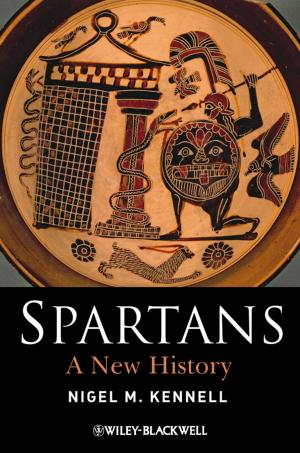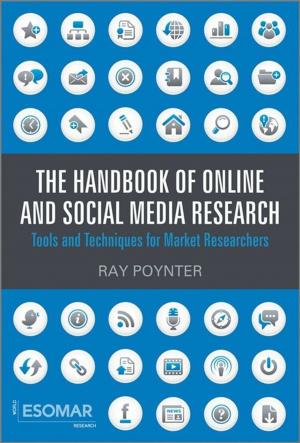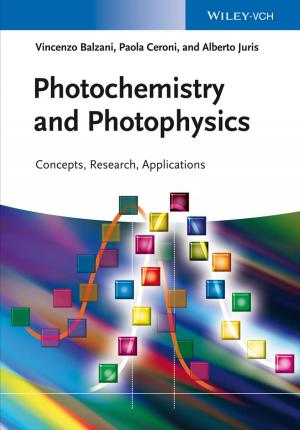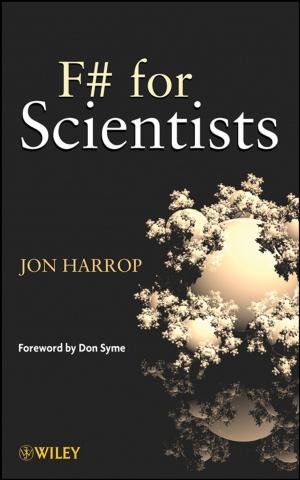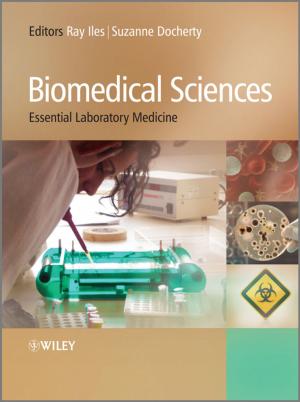| Author: | Theodor W. Adorno, Alban Berg | ISBN: | 9780745694962 |
| Publisher: | Wiley | Publication: | November 5, 2014 |
| Imprint: | Polity | Language: | English |
| Author: | Theodor W. Adorno, Alban Berg |
| ISBN: | 9780745694962 |
| Publisher: | Wiley |
| Publication: | November 5, 2014 |
| Imprint: | Polity |
| Language: | English |
Adorno was twenty-one years old when he traveled to Vienna in March 1925 to study musical composition with Alban Berg. Twenty years later, Adorno wrote: "how much of my writing will remain is beyond my knowledge or my control, but there is one claim I wish to stake: that I understand the language of birds," It was no less than the desire to learn to speak this language that drew him to Berg. Adorno already knew what he wanted to drew to compose before he went to Berg, and the aim of his stay in Vienna and the following years was to learn to put this knowledge of musical composition into practice.
His correspondence with Berg, who was soon to be world famous, is partly defined by his engagement with the compositional problems posed for the musical avant-garde by Schoenberg’s discovery of the twelve-tone technique, for which Adorno was to become an advocate, not least in Vienna and through Berg. This correspondence documents how he wrote numerous essays on Berg, Webern and Schoenberg during this time, and tried in vain to establish a platform for the Second Viennese School against "moderated modernity" in the journal Anbruch, where he exerted considerable editorial influence. It also shows how much Adorno – continually admonished by Berg to focus only on his musical composition – strove to reconcile his academic duties and his literary and journalistic work with the constant which to do nothing more than compose.
Adorno was twenty-one years old when he traveled to Vienna in March 1925 to study musical composition with Alban Berg. Twenty years later, Adorno wrote: "how much of my writing will remain is beyond my knowledge or my control, but there is one claim I wish to stake: that I understand the language of birds," It was no less than the desire to learn to speak this language that drew him to Berg. Adorno already knew what he wanted to drew to compose before he went to Berg, and the aim of his stay in Vienna and the following years was to learn to put this knowledge of musical composition into practice.
His correspondence with Berg, who was soon to be world famous, is partly defined by his engagement with the compositional problems posed for the musical avant-garde by Schoenberg’s discovery of the twelve-tone technique, for which Adorno was to become an advocate, not least in Vienna and through Berg. This correspondence documents how he wrote numerous essays on Berg, Webern and Schoenberg during this time, and tried in vain to establish a platform for the Second Viennese School against "moderated modernity" in the journal Anbruch, where he exerted considerable editorial influence. It also shows how much Adorno – continually admonished by Berg to focus only on his musical composition – strove to reconcile his academic duties and his literary and journalistic work with the constant which to do nothing more than compose.




